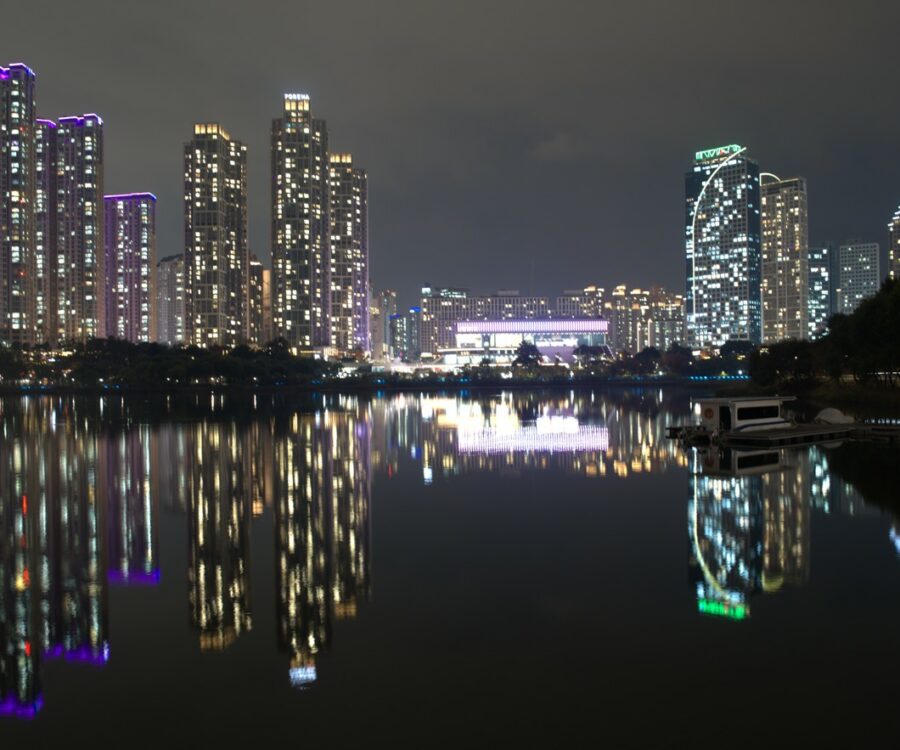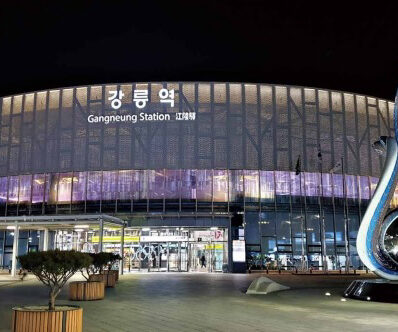Jejudo, also known as Jeju Island, is a place that offers a unique blend of natural beauty and cultural charm. Visitors can explore its beautiful nature through fun activities that we’ve already covered in our previous article Exotic Activities in Jeju Island in 2023 : Nature.
Not only visitors can explore its picturesque attractions, but also participate in unique cultural activities that can be found exclusively in Jeju. Here are some of the cultural activities that set Jejudo apart from the other destinations in Korea!
1. Dol Hareubang
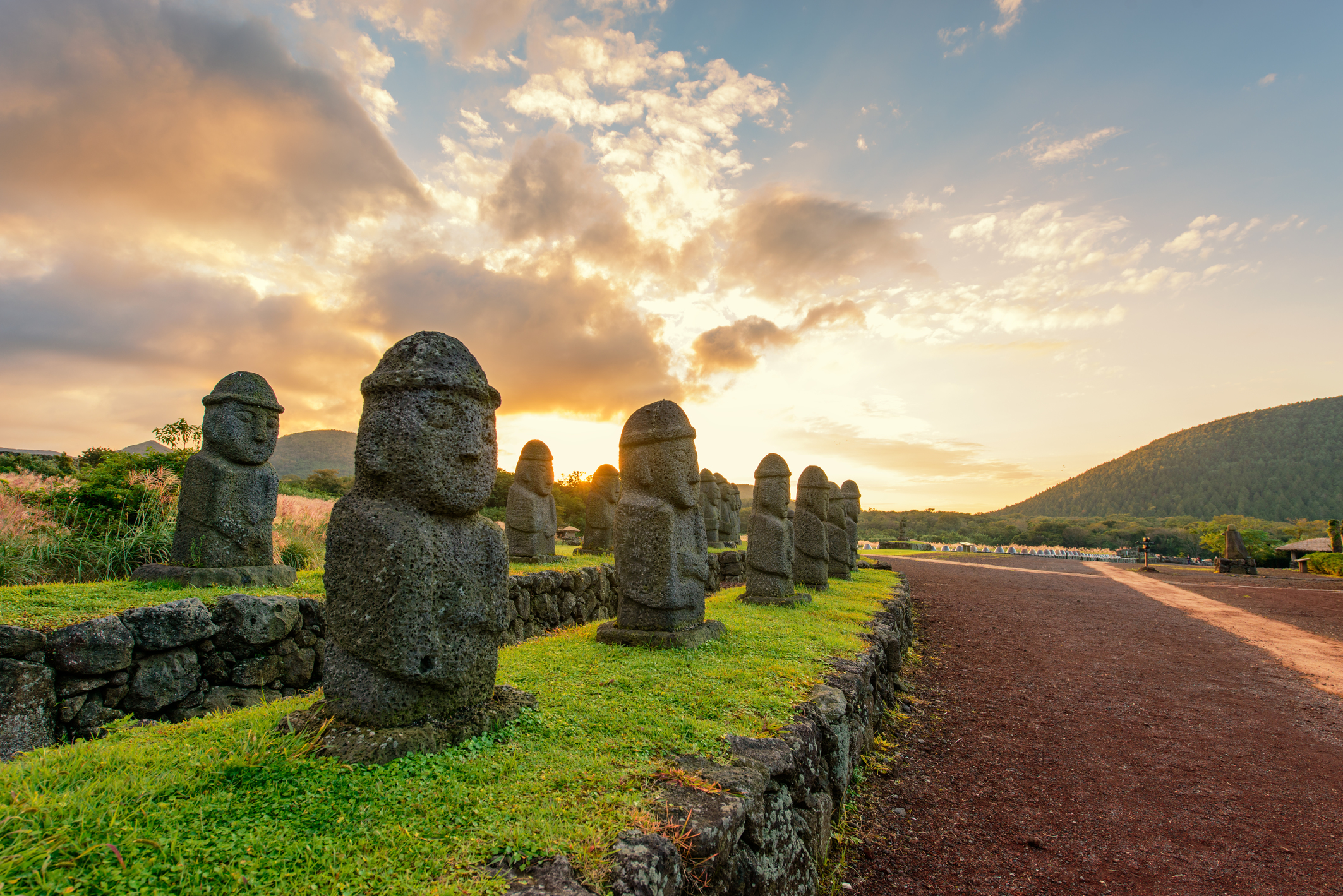

For a cultural experience that highlights the island’s spiritual side, visitors can explore the many Dol hareubangs, also known as “stone grandfathers,” which are carved stone figures found throughout Jeju. These unique sculptures, considered a symbol of Jeju’s culture and spirituality, are believed to have been used as protectors of the island’s fishermen and farmers.
If you’re interested in making your own mini Dol Hareubang from stone in Jeju Island, you can visit one of the many traditional workshops or craft centers on the island. One popular option is the Jeju Stone Craft Center, which offers workshops and classes where visitors can learn the traditional techniques used to make dol hareubang sculptures.
In these workshops, visitors can choose from a variety of materials, such as basalt or tuff stone, and receive guidance from experienced craftspeople as they work on their own mini dol hareubang. This hands-on experience not only provides an opportunity to learn about Jeju’s cultural heritage, but also to take home a unique and personal souvenir of your visit to the island.
2. Tea ceremony at Osulloc
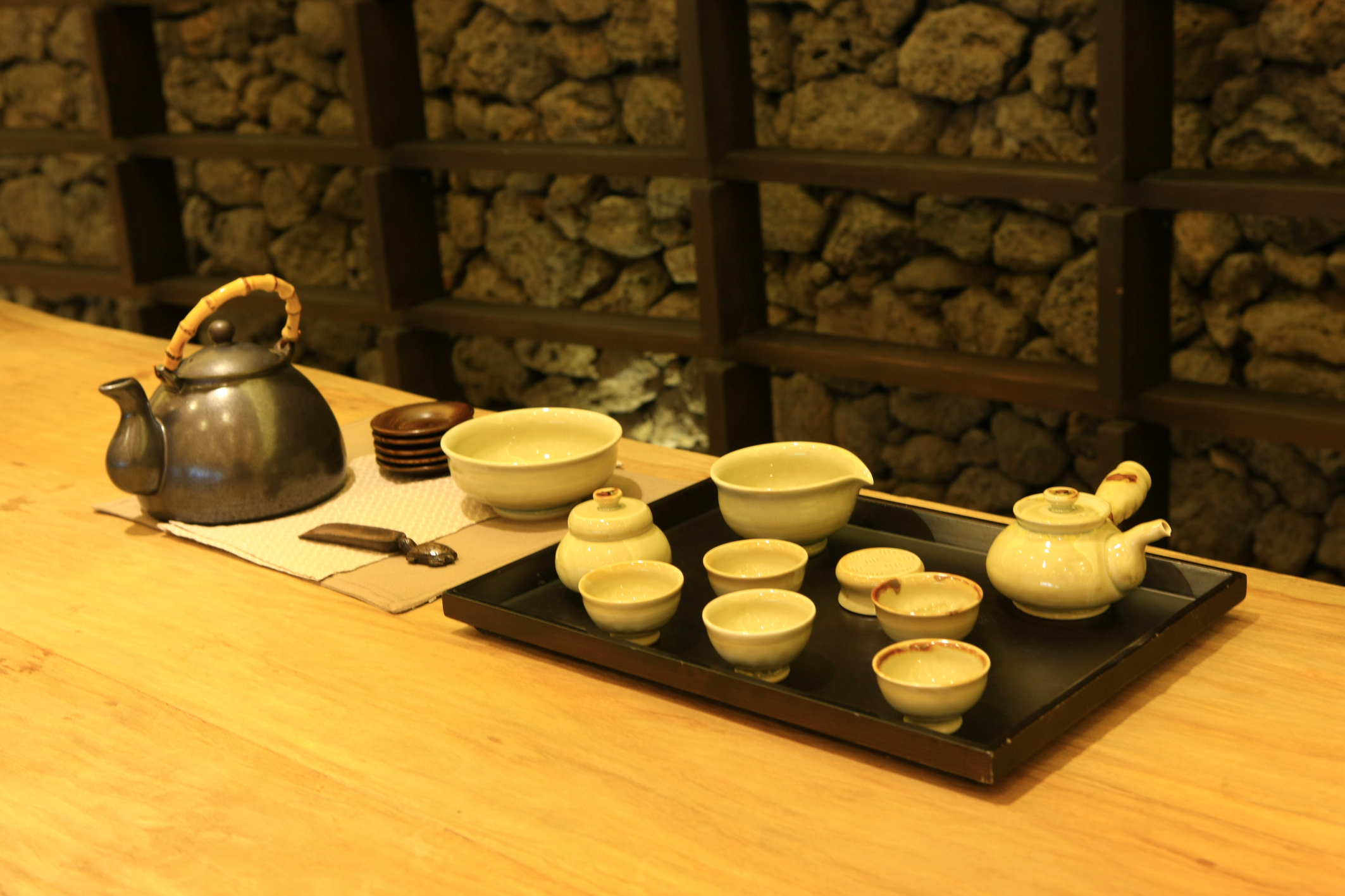
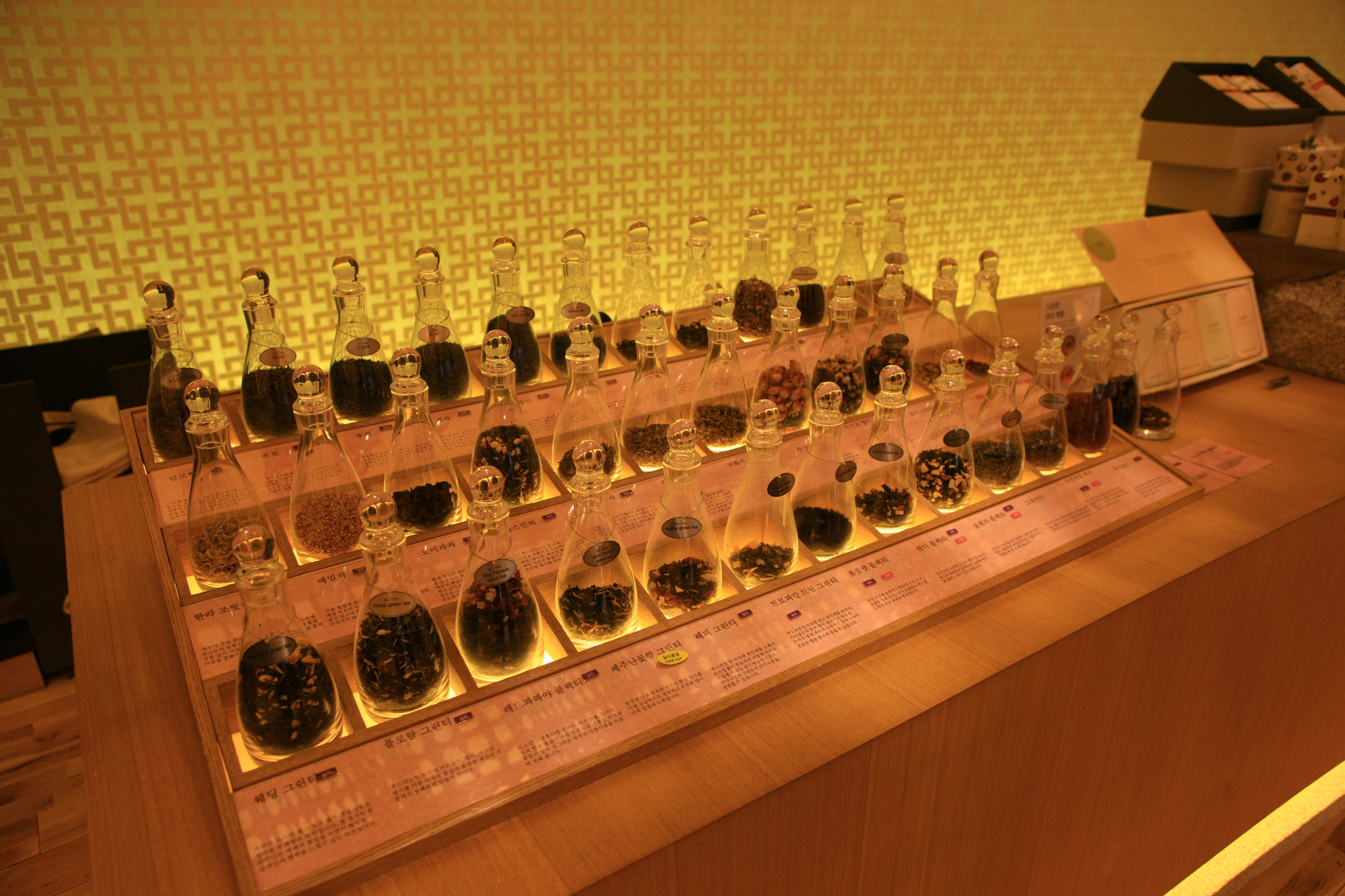
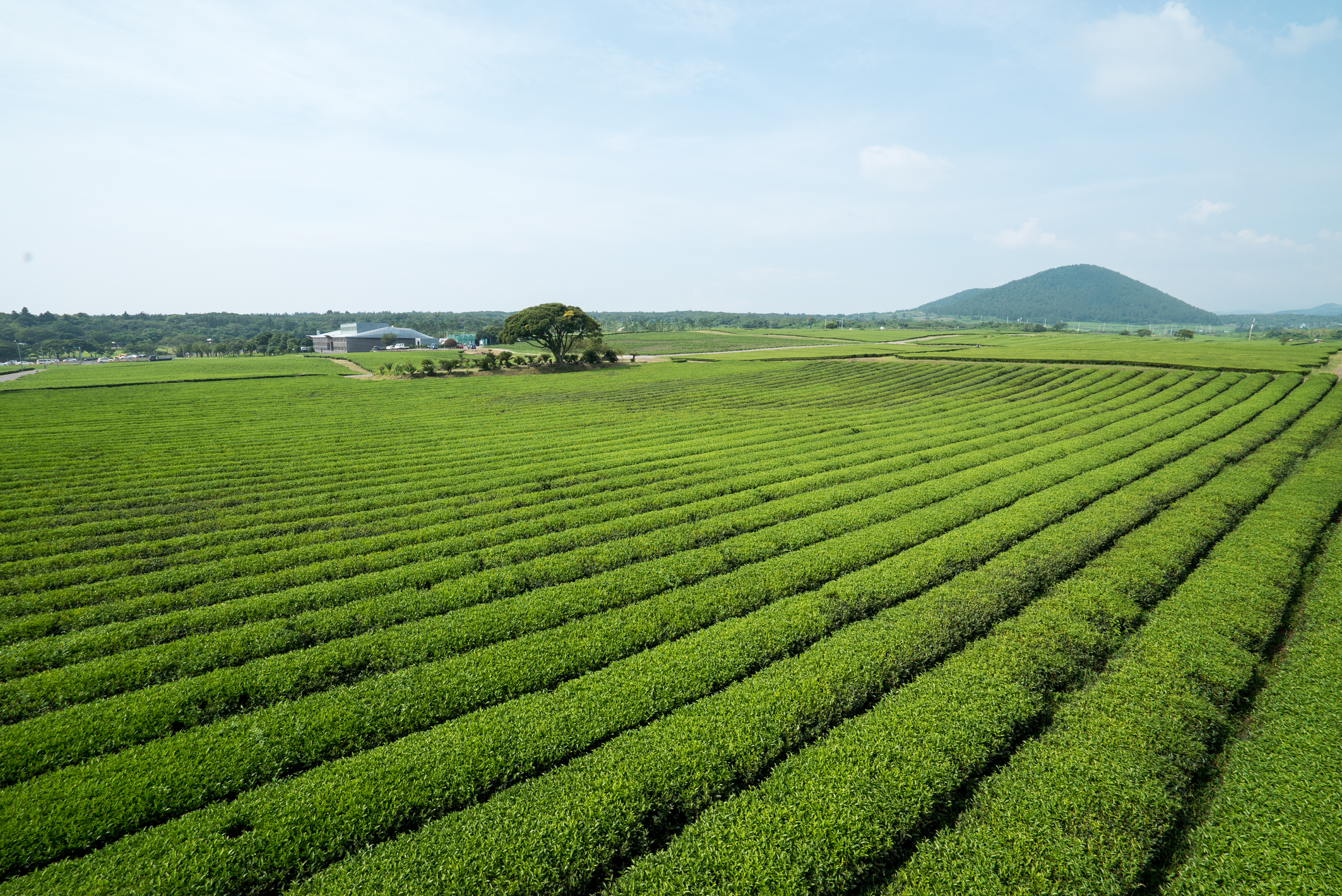
Osulloc is a popular tea brand that was founded in Jeju Island and is known for producing high-quality tea using locally grown tea leaves.
The Osulloc Tea Ceremony Experience in Jeju Island is a must-visit for tea lovers and those interested in experiencing a traditional Korean tea ceremony. Here, visitors can learn about the history and culture of tea in Korea, as well as the process of making and enjoying tea in the traditional Korean style. This includes the use of traditional tea-making tools and utensils, such as the tea kettle, tea cups, and tea strainer.
Participants can also sample a variety of teas from Jeju Island, including green tea, jasmine tea, and black tea, and learn about the different types of tea and their health benefits.
For booking: http://www.osulloc.com/kr/ko/museum/teastone
3. Horseback riding
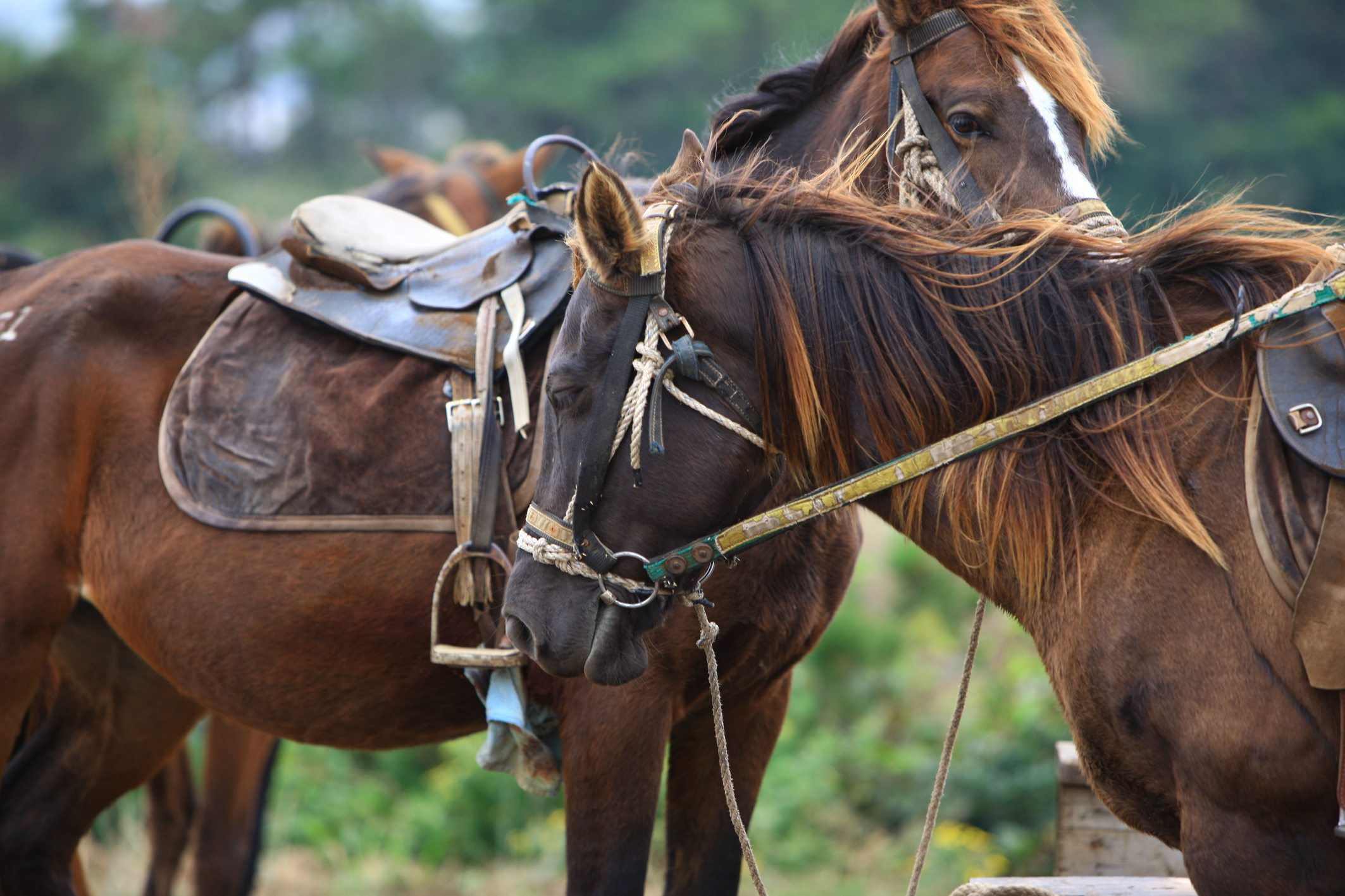
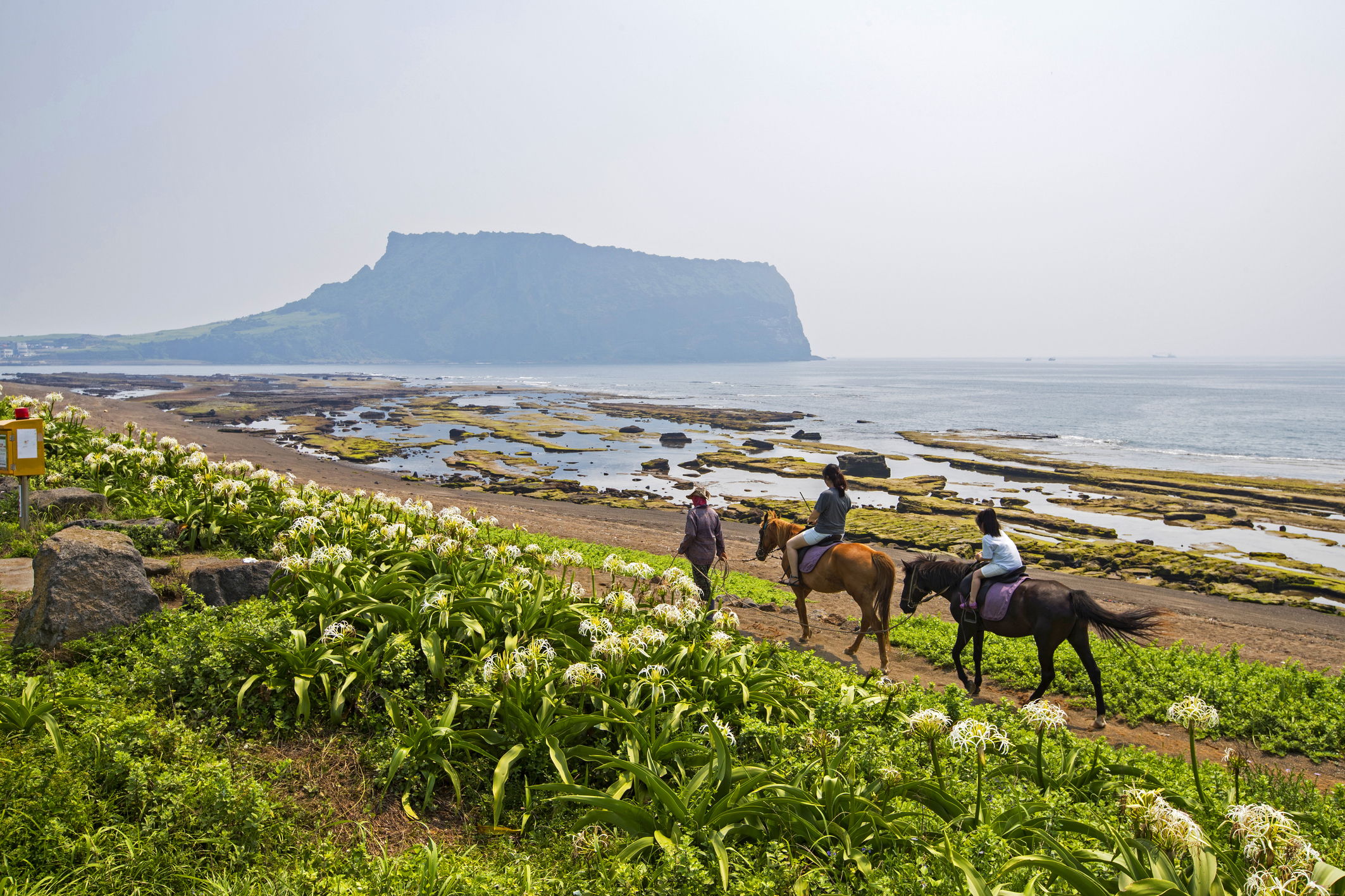
Horse riding in Jeju Island, Korea is a unique and exclusive experience that allows visitors to explore the island’s stunning natural landscapes in a truly authentic and immersive way.
Jeju Island is home to a large population of native horses, known as Jeju horses, which are known for their gentle temperament and unique appearance. These horses have lived on the island for centuries and have adapted to its rugged terrain, making them the perfect mounts for exploring Jeju’s many scenic trails, forests, and beaches.
Whether you’re a seasoned equestrian or a beginner, you can enjoy a leisurely horseback ride along the island’s scenic trails and beaches, taking in the breathtaking views and observing the local wildlife along the way.
4. Tangerine picking
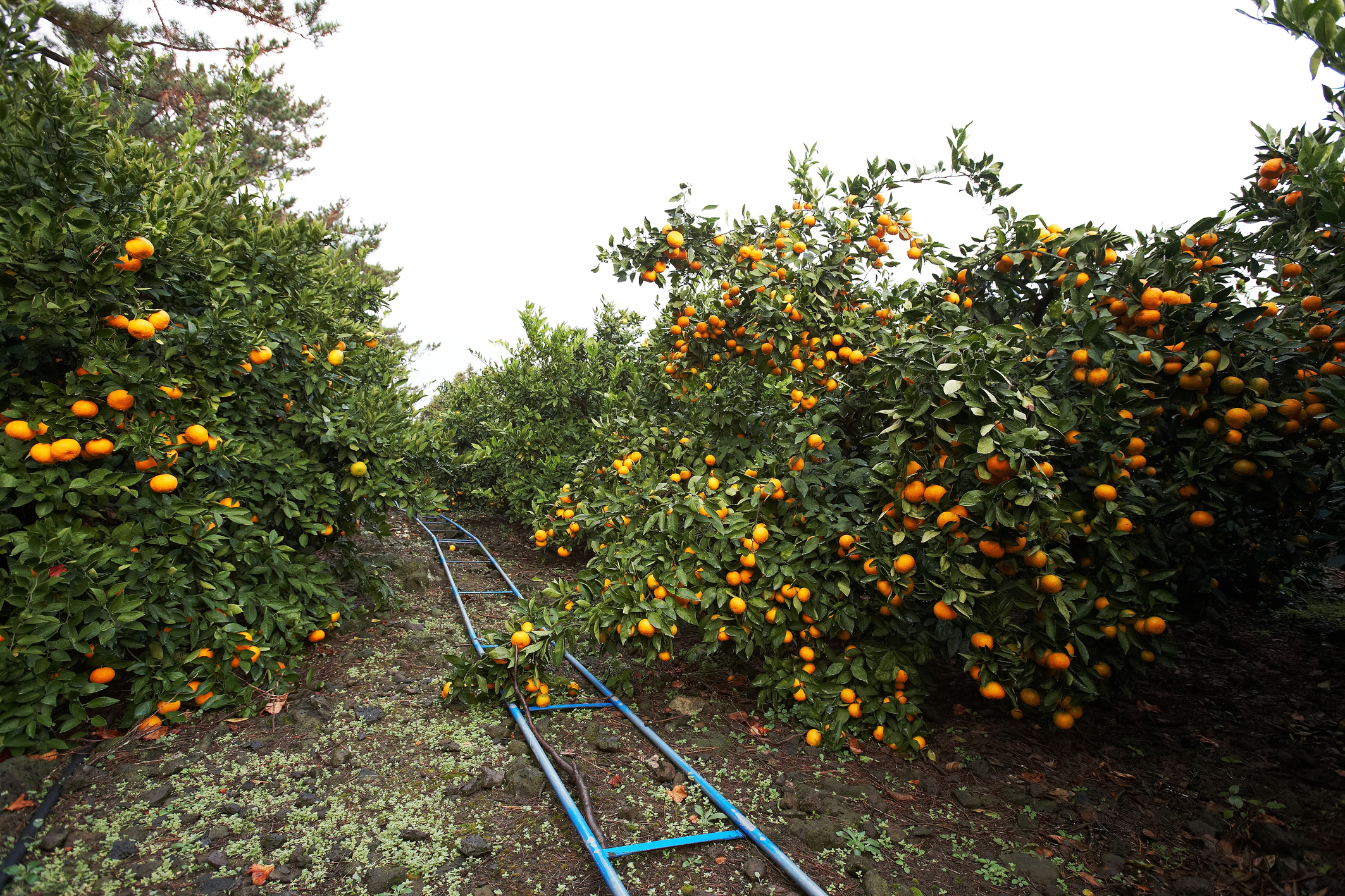

The tangerine picking experience in Jeju is a unique opportunity to taste the locally grown fruit and participate in a traditional agricultural activity. Visitors can enjoy the peaceful surroundings of the orchards dotted throughout the island and take in the stunning views of the surrounding landscape, all while selecting the freshest and juiciest tangerines directly from the trees for themselves.
Overall, the tangerine picking experience in Jeju Island is a must-try for anyone visiting the island, offering a unique and delicious way to experience Jeju’s rich agricultural heritage and taste the local flavors of this beautiful island.
5. Sunrise at Seongsan Ilchulbong

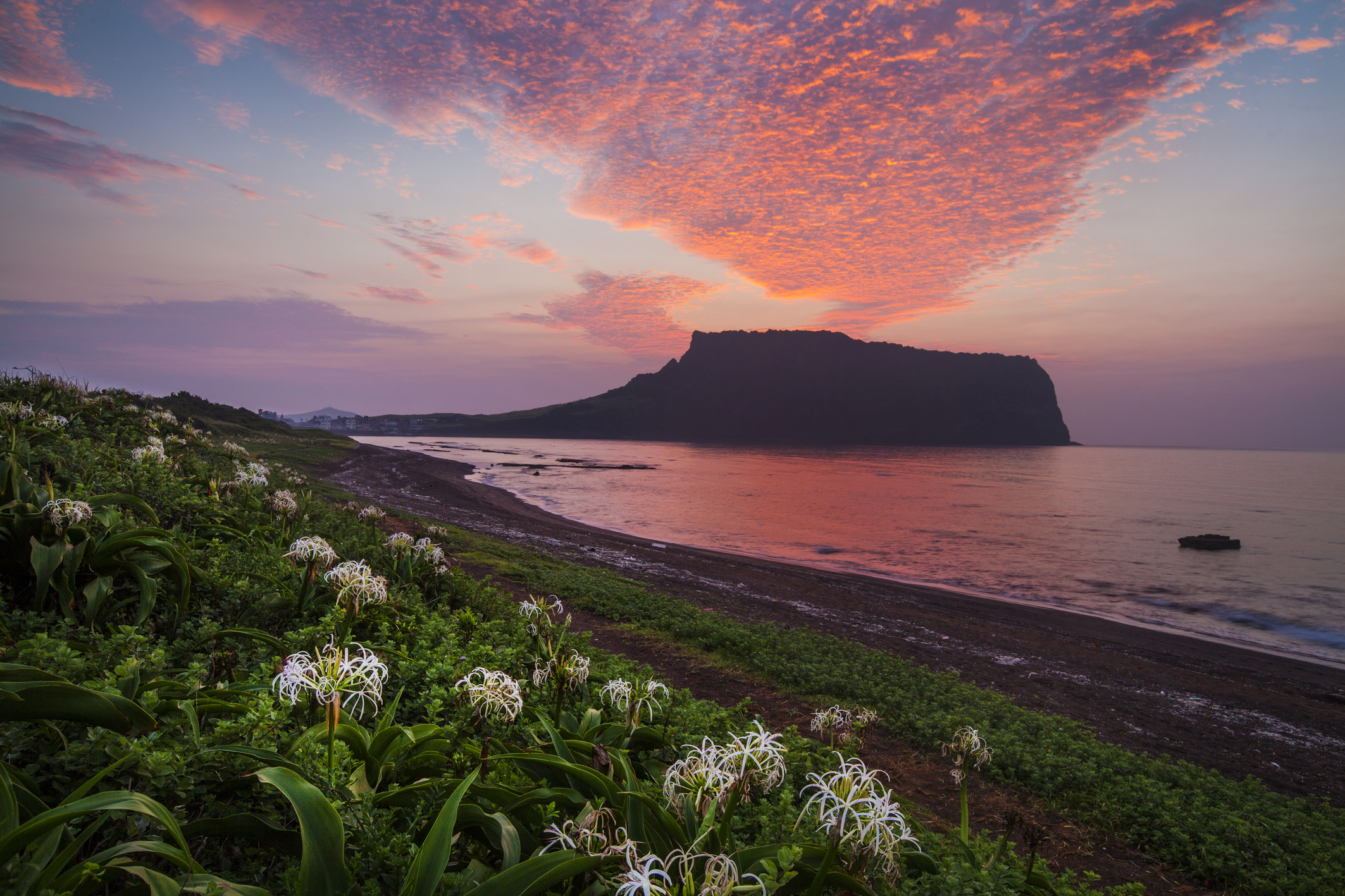
출처: 임성복
This UNESCO World Heritage Site is one of the best sunrise spots in Asia, and visitors can hike to the top of the crater to witness the spectacular view. The hike usually takes about 30 minutes, and at the end visitors are awarded with a magnificent view of the sun rising over the Pacific Ocean.
Guided tours are available to explore the history and cultural significance of Seongsan Ilchulbong, including its role in Jeju’s folklore and legends.
At the base of Seongsan Ilchulbong visitors can visit the local market, where they can sample local foods and purchase traditional Jeju products, such as tangerines, green tea, and traditional crafts.
These are just a few examples of the many cultural experiences available on Jeju Island. Whether you’re interested in history, culture, or spirituality, Jeju offers something for everyone, making it a must-visit destination for those looking to immerse themselves in South Korean culture.


